Young women roll up sleeves, break barriers in engineering field : “It has always been my dream to be unique and to take up the challenge of working amongst men. It boosts my self-esteem and my confidence. I keep on telling myself that I can do it,” said Miss Diana Dube (19) who has become a renowned electrical engineer in the border town.”
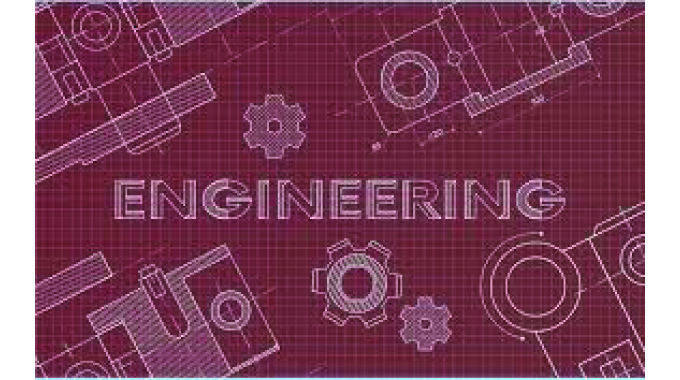
Thupeyo Muleya, Beitbridge Bureau
AS more and more women move into previously male-dominated sectors, success stories are being recorded.
The testimonies are growing in number and one such story is of a number of women in Beitbridge who are venturing into previously male dominated fields such as electrical engineering.
Literally and figuratively supercharged, they are making a name for themselves and not turning back.
In the last decade, it was like moving mountains for women to try their hand in such professions.
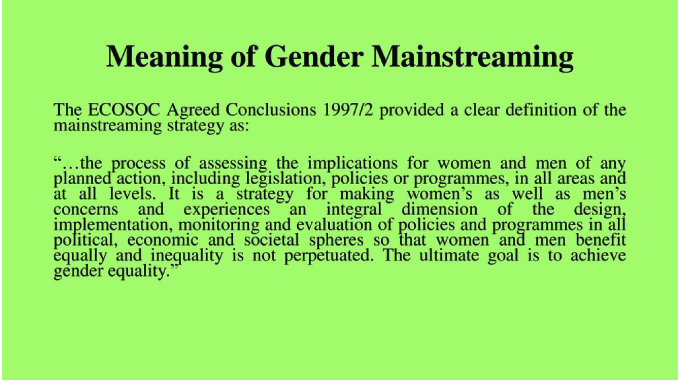
Gender main-streaming
The Government among other things has been rolling out robust gender main-streaming policies with the support of several partners.
In addition, as world leaders seek to create a global village, both men and women are gradually getting to a point where they fully and equally participate in various economic development initiatives.
At the turn of the millennium, most towns started growing rapidly in infrastructure development and this called for more skilled personnel in the areas of engineering.
This saw men taking up the many jobs in that field, but in Beitbridge where there is a massive infrastructure revolution, women are rolling up their sleeves to take up opportunities too.
“It has always been my dream to be unique and to take up the challenge of working amongst men.
It boosts my self-esteem and my confidence.
I keep on telling myself that I can do it,” said Miss Diana Dube (19) who has become a renowned electrical engineer in the border town.
“Wearing a work suit made me realise that there is nothing that a man can do that a woman cannot do.
So, I decided to train in electrical engineering.
“My special area is mainly in electrical power engineering and I have done house wiring both in towns and rural areas.”
The youthful engineer said she learned the ropes from an artisan who was used to handling maintenance works at a local hotel.
Some of the works included fixing geysers and light installations.
She said choosing such a career was one of her many ways to contribute to eradicating gender-based inequalities.
“Electrical power engineering is a difficult career by its nature.
One is always confronted by many obstacles, but as someone who is determined to achieve their dream, I take these head-on.
“When I started doing my training, my father thought I would quit but, I am here to stay.
This is a very rewarding profession because you can make a living even if you are not formally employed,” said Miss Dube.
She said it was critical for other female youths to build self-confidence and pursue their dreams against all odds.

Mechanical Engineer
Mrs Raina Mukwena-Ngwenya (29) is another trailblazer who has made a name in Beitbridge as a mechanical engineer majoring in refrigeration and air conditioning.
She is credited with installing a number of air conditioning systems, cold rooms, and display fridges, and repairing and servicing them for many businesses and individual households.
“I can also troubleshoot and repair air conditioners for automobiles.
At first, when l started working as a technician during my industrial training l felt intimidated,” said Mrs Mukwena-Ngwenya.
“One had so much fear and no confidence that I would at some point be able to fix something like a refrigerator, cold rooms, or walk-in chillers and bottle coolers.
“You will realise that as women, we tend to underestimate and suppress our capabilities to do jobs that are deemed to be masculine in the African context”.
She said women should not allow gender to be a barrier to their success and that they need to grab every opportunity that comes their way.
“There are people out there who gave up on their dreams even without trying to pass the first hurdle due to family background, or lack of proper career guidance,” added Mrs Mukwena Ngwenya.
At the moment she is upgrading her qualifications as a refrigeration and air conditioning technician.
In the next five years, the electrician said she was looking at joining a bigger corporate dealing in her special area of work and eventually setting up her own entity.
Mrs Mukwena Ngwenya said she has grown a thick skin and was not distracted by those people within society who are always on a fault-finding mission on anything that’s being done by a woman.
“After high school, I enrolled for a course in Banking and Finance and later switched to Mechanical Engineering after being exposed to their practical lessons.
Since then, I have never looked back,” she said.
“The more I do this kind of job, the more I get confident as an individual and this is a life skill that comes with high returns”.
A career development worker, Mrs Pretty Dube who is one of the female movers and shakers in Beitbridge said Zimbabweans were no longer moving from gender mainstreaming in a tokenistic way.
She said there has been an appreciation in some families that boys and girls can be equal to any task, hence allowing girls to venture into professions previously dominated by men.
“As the world opens up through social media, girls are being exposed to these possibilities too and we are seeing women pilots, engineers, etc. being recognised on social media,” said Mrs Dube.
“However, women should not lose being feminine because they are taking space in these new areas.
“They should know that they may face discrimination as some men may resist them due to gender stereotypes.
So, they should respond by excelling in all that they do.”
She said women in leadership should also contribute toward creating a harmonious environment to usher in forthcoming leaders who are objective and result-oriented.
Mrs Dube added that there is still a need for more gender analysis that takes into account the impact on women in the drafting of economic policies and national planning in business, government, and labor sectors.
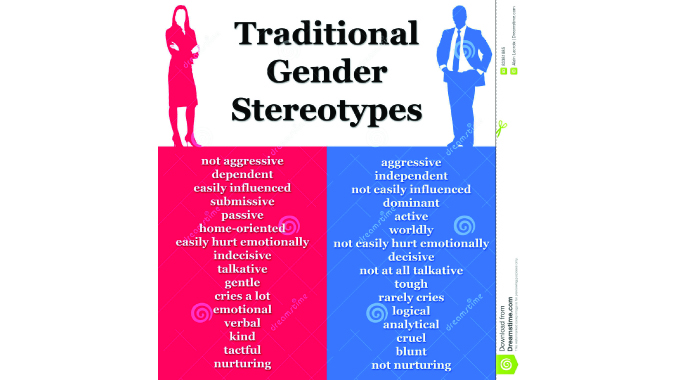
Traditional stereotypes (Photo credit: dreamstime)
She advised people to move away from the traditional stereotypes that confined women’s primary social roles to being housewives and mothers, while men play the role of breadwinners.
“With strong and visible support structures for women in male-dominated professions, the likelihood of their success will be upheld.
“Let’s have those women who have broken into these former male-only careers as role models, sharing their experiences and dispelling any myths and misconceptions about other women’s experiences,” said Mrs Dube.
She said women need to be strategic, and confident, have a variety of mentors, including men, have a network of goal-oriented women, and step out of their comfort zones.
Women’s Action Group (WAG) programs manager, Mrs Fiona Tinarwo said some of their work was bearing fruits on the ground with more women shaking off the societal stereotypes.
This, she said, also speaks to the empowerment where women are now being able to take up positions in key institutions.
“We have been talking a lot about many women who are involved in unpaid care work,” said Mrs Tinarwo.
“The fact that we are having more young women taking up engineering profession is pleasing.
This means the women take up positions where there are paid for services.
The engineering sector has always been dominated by men, and we need to change that narrative as a society, let’s allow both men and women to choose career paths freely and not because of what society wants, but because that is their career choice”.
She said more women should enrol for technical courses at colleges and universities so that they reduce the gender disparities between them and men when it comes to handling challenging and rewarding professions. — @tupeyo

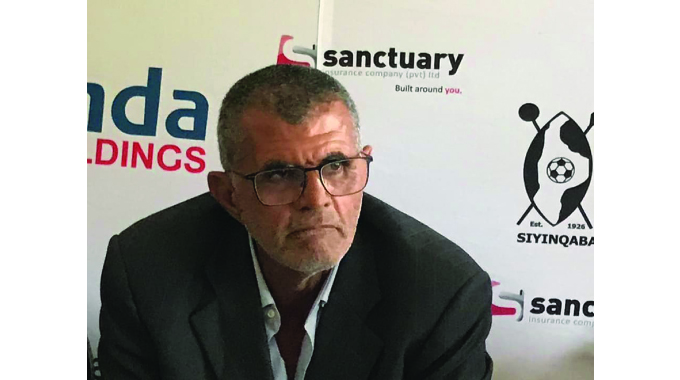
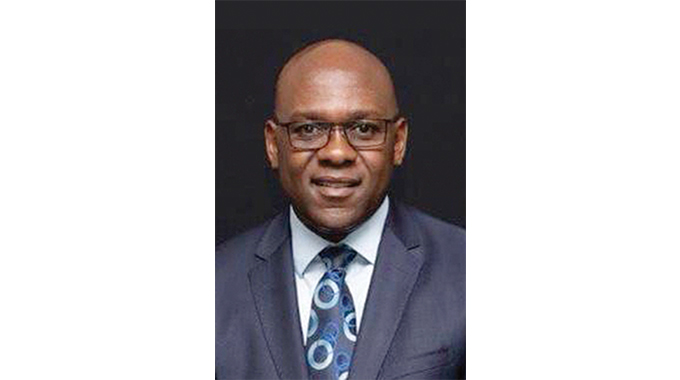








Comments